News
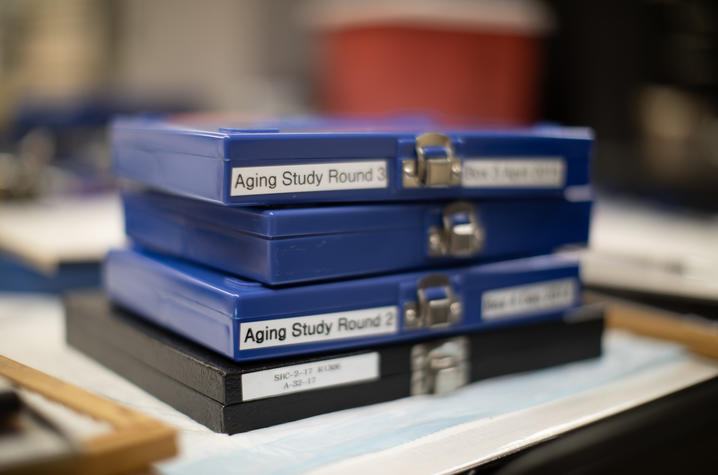

LEXINGTON, Ky. (Aug. 4, 2020) – The University of Kentucky Markey Cancer Center has announced that Krystle Kuhs, Ph.D., M.P.H., will serve as co-leader of its Cancer Prevention and Control Research Program. Kuhs will co-lead the program with University of Kentucky College of Public Health Associate Professor Jerod Stapleton, Ph.D., who joined the university in November 2019.

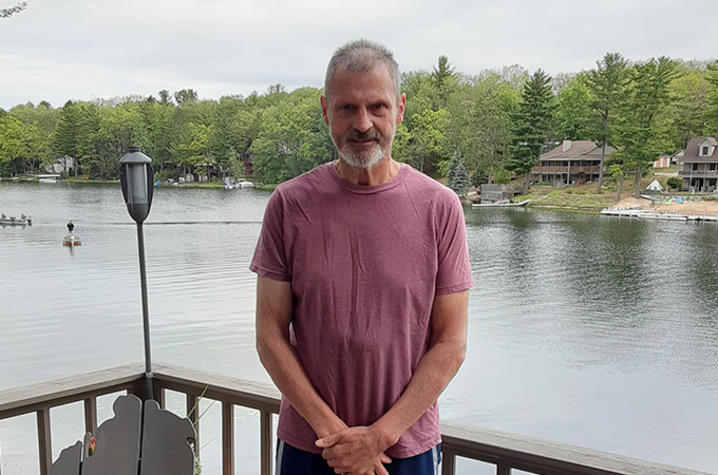
LEXINGTON, Ky. (July 31, 2020) – During his chemotherapy treatments, Scott Storey got used to avoiding cold drinks and foods. The regimen he was on, FOLFOX, includes the drug oxaliplatin, which is known to cause “cold dysesthesia” in some patients. It’s a hypersensitivity to the presence of cold that can trigger side effects such as peripheral neuropathy, jaw spasms, shortness of breath and more.
This peculiar fact – and a serendipitous meeting with a stranger – proved to be a lifeline for the retired Air Force veteran.
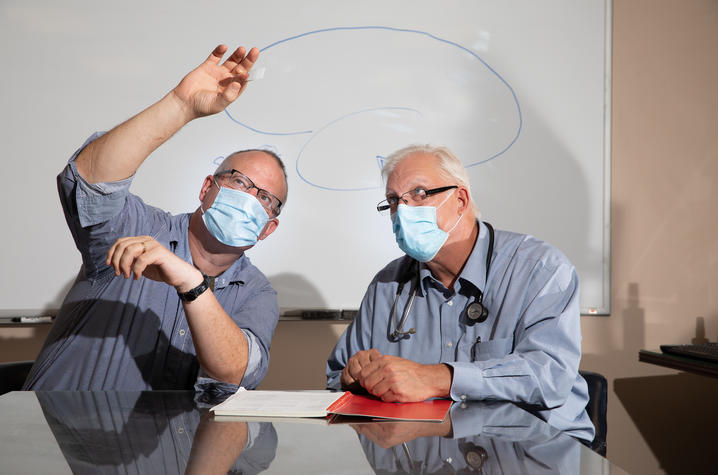
LEXINGTON, Ky. (July 30, 2020) —The COVID-19 pandemic brought many things to a screeching halt and continues to impact our daily lives. However, important research at the University of Kentucky’s Sanders-Brown Center on Aging (SBCoA) is continuing under extreme caution and deep dedication.
“It can’t wait,” said Dr. Greg Jicha, a neurologist at SBCoA.
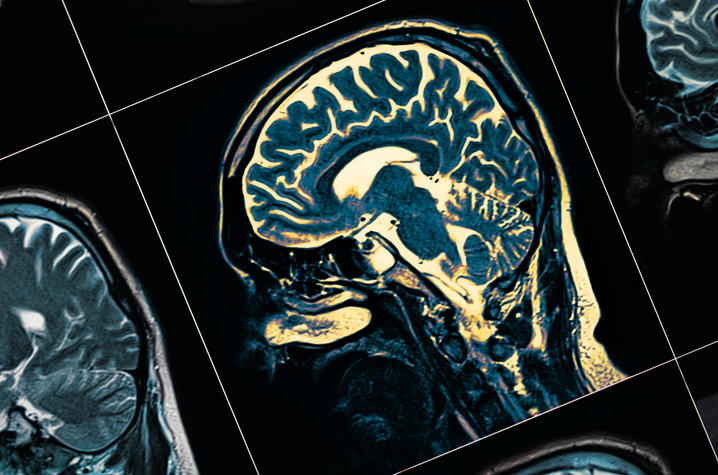
LEXINGTON, Ky. (July 29, 2020) — Alzheimer’s disease (AD) is the most common form of dementia among the elderly and currently there is no cure for the disease. The hallmarks of AD are the Aβ plaques and tau tangles found throughout the patient’s brain. For the past several decades, much of the work to find a treatment for AD has been focused on eliminating those dreaded Aβ plaques, by assuming that memory could be restored by removing the plaques.
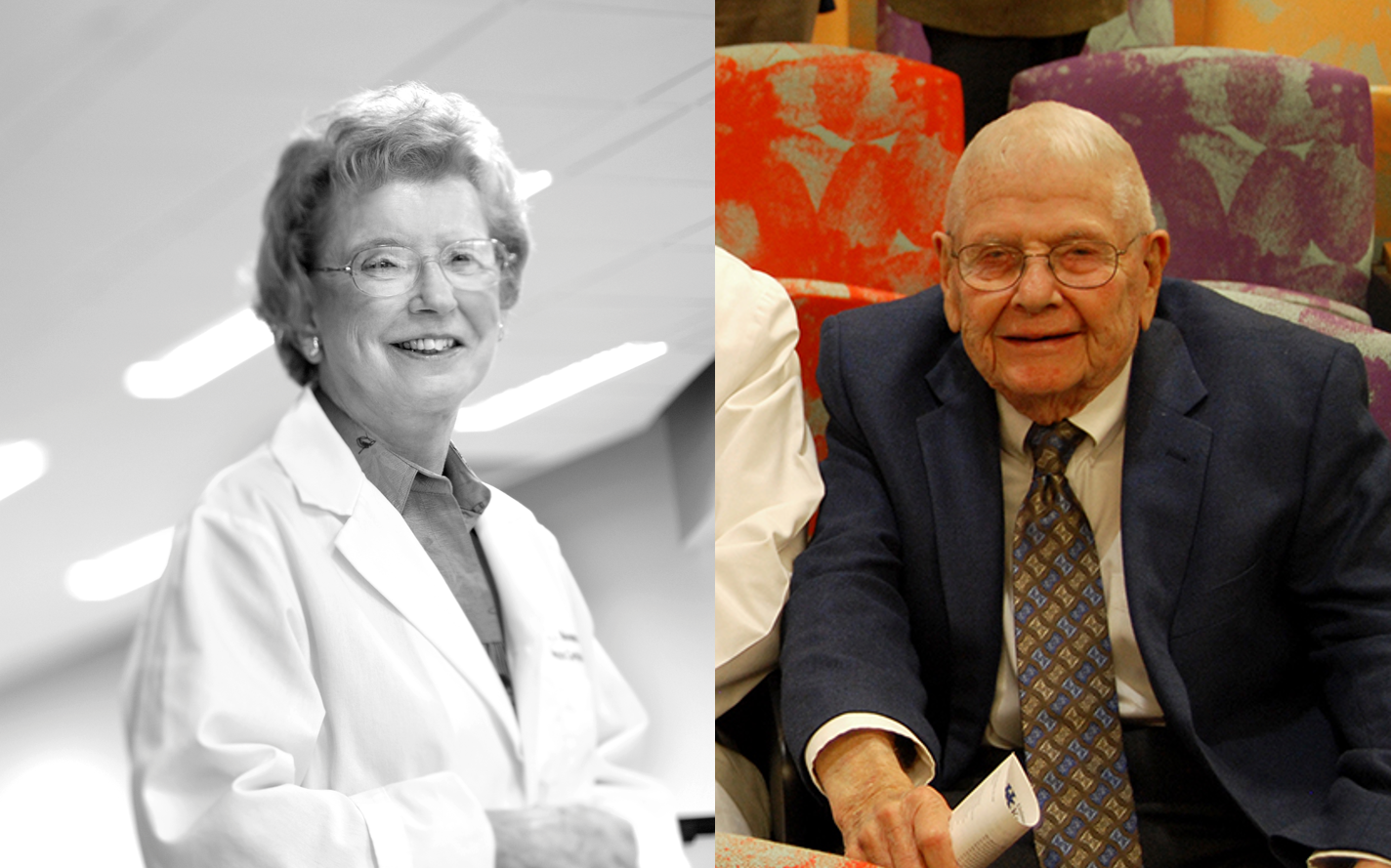
It is with great sorrow that I share with you the passing of two vital members of the UK College of Medicine’s history, both of whom were former chairs.
Ward O. Griffen, MD, PhD, former chair of the department of surgery, passed away Tuesday, July 21, at the age of 92, and Jacqueline Noonan, MD, former chair of the department of pediatrics, died on July 23 at the age of 91. The College of Medicine community will miss both deeply.
Ward O. Griffen, MD, PhD
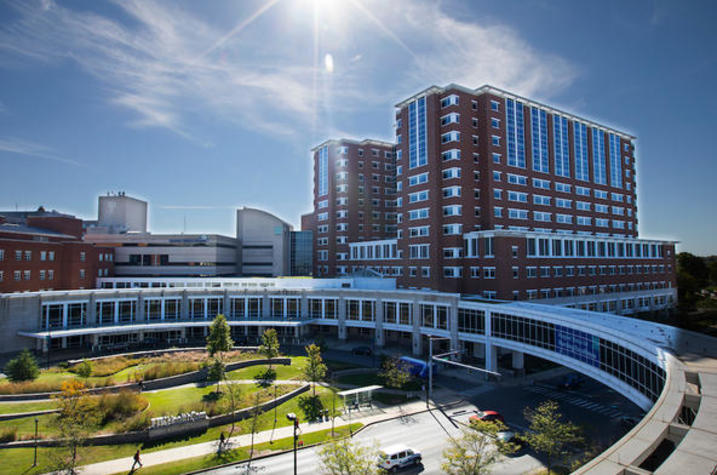
LEXINGTON, Ky. (July 28, 2020) – For the fifth consecutive year, the University of Kentucky Albert B. Chandler Hospital at UK HealthCare has been named the No. 1 hospital in Kentucky and the Bluegrass Region by the 2020-2021 Best Hospitals rankings and ratings from U.S. News & World Report.
For the fourth straight year, the University of Kentucky Markey Cancer Center has earned a top 50 national ranking for cancer care, this year climbing to No. 29.
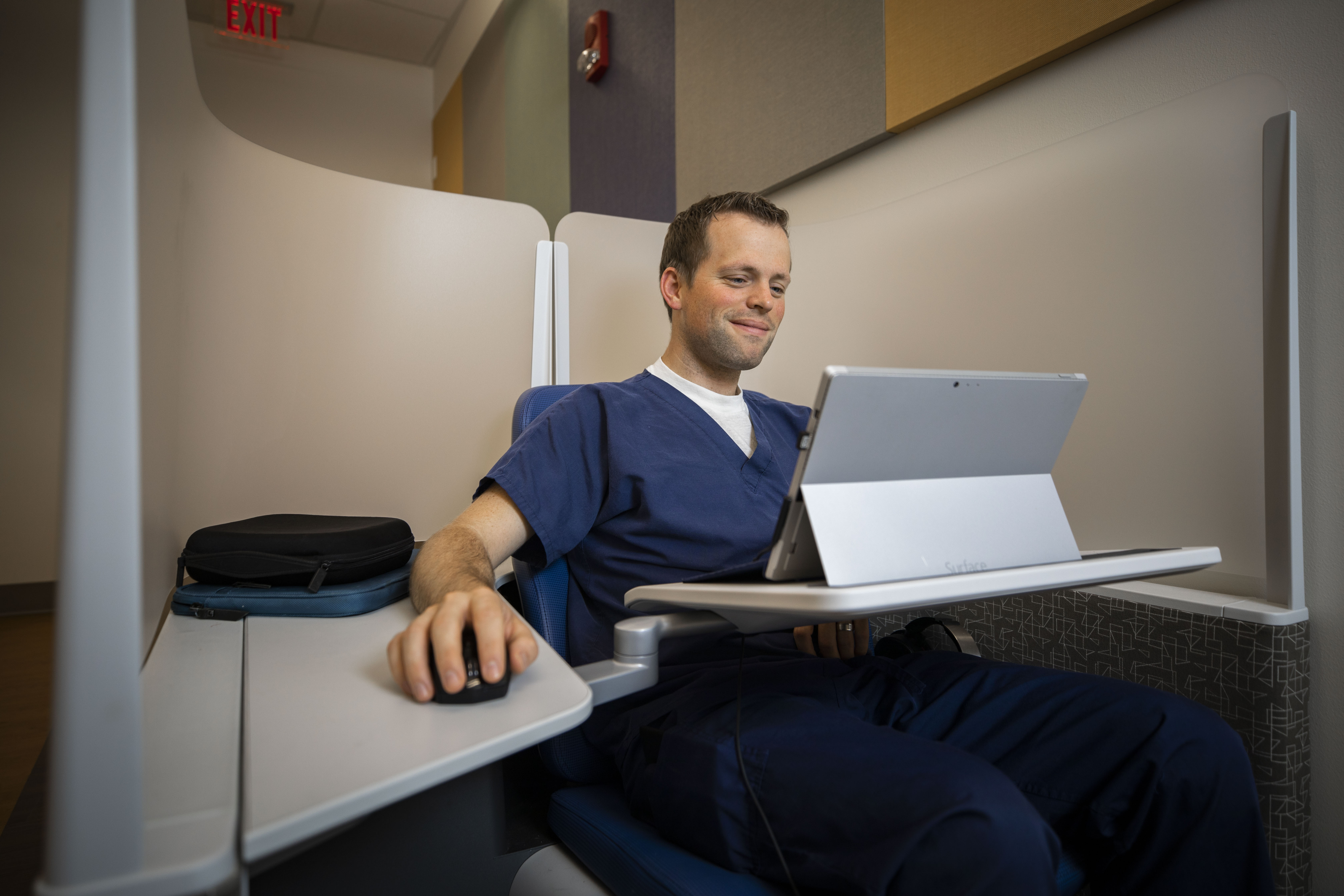
Throughout the summer the University of Kentucky College of Medicine has been part of a University-wide pilot program aiming to help boost resumes and build important skills for both UK and non-UK students.
The Summer Badge Program is not your average summer school. The program provides an opportunity for learners to complete courses and earn digital badges, regardless of their current major, with the badges certifying competency in a specific skill.
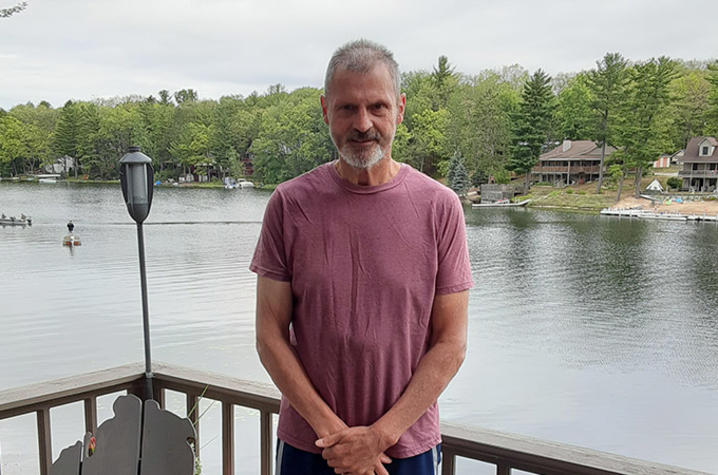
LEXINGTON, Ky. (July 24, 2020) — During his chemotherapy treatments, Scott Storey got used to avoiding cold drinks and foods. The regimen he was on, FOLFOX, includes the drug oxaliplatin, which is known to cause “cold dysesthesia” in some patients. It’s a hypersensitivity to the presence of cold that can trigger side effects such as peripheral neuropathy, jaw spasms, shortness of breath and more.
This peculiar fact – and a serendipitous meeting with a stranger – proved to be a lifeline for the retired Air Force veteran.
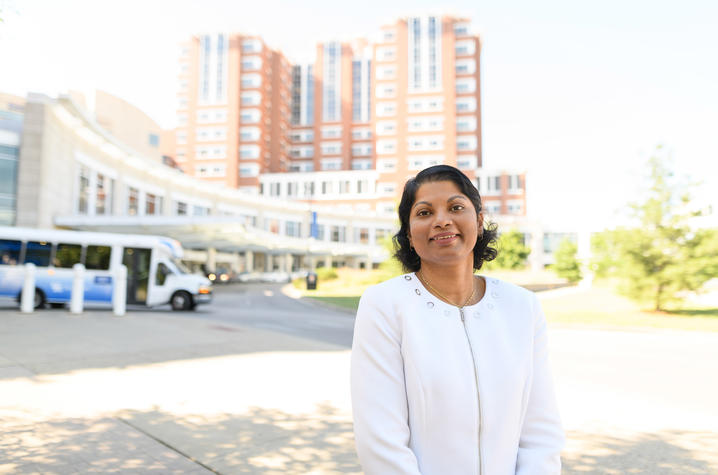
LEXINGTON, Ky. (July 24, 2020) — Dr. Reshma Ramlal of the University of Kentucky Markey Cancer Center was recently named the 2020 Lexington Woman of the Year by the Leukemia & Lymphoma Society.
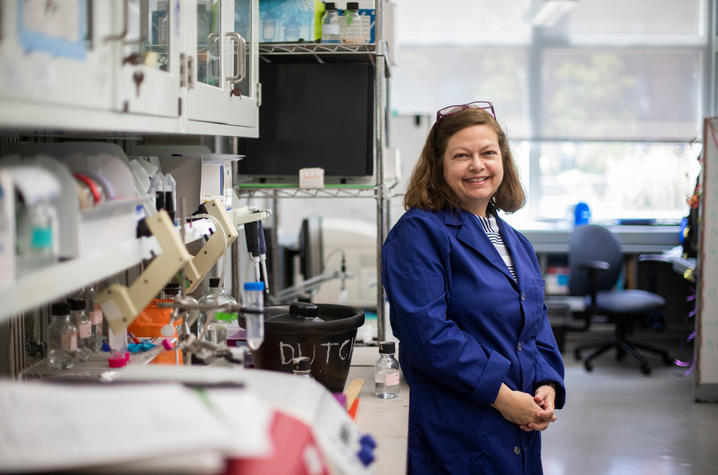
LEXINGTON, Ky. (July 22, 2020) — Early this spring, University of Kentucky virologist Rebecca Dutch answered some of our initial questions about COVID-19 and SARS-CoV-2, the virus that causes the disease. We asked her to take another look at the coronavirus pandemic.
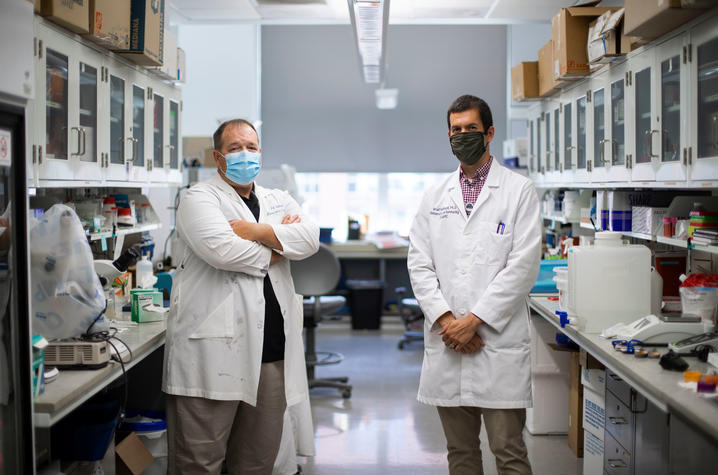
LEXINGTON, Ky. (July 21, 2020) — A $3.2 million grant will support University of Kentucky College of Medicine research that could pave the way for a treatment for traumatic brain injury (TBI).

LEXINGTON, Ky. (July 14, 2020) — A new study by researchers at the University of Kentucky identifies a novel function of the enzyme spermine synthase (SMS) to facilitate colorectal cancer growth.
SMS is an enzyme that produces spermine from spermidine, which has been shown to be important for cell growth. However, excessive accumulation of spermidine can have harmful effects on cell viability. How cancer cells maintain a relatively high level of spermidine but below the toxic threshold to facilitate tumor growth is not well understood.
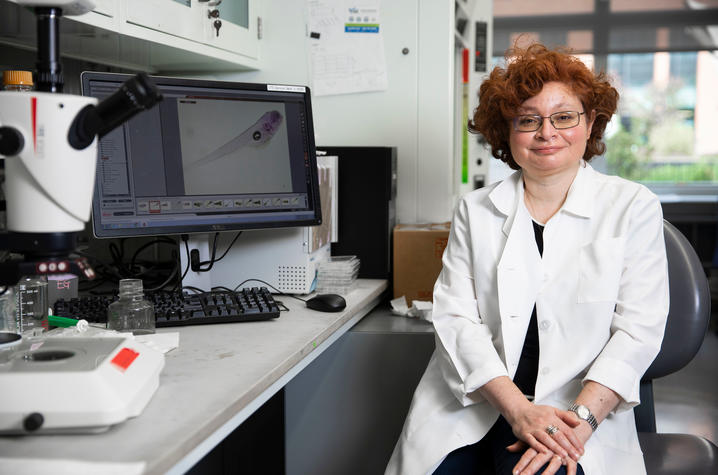
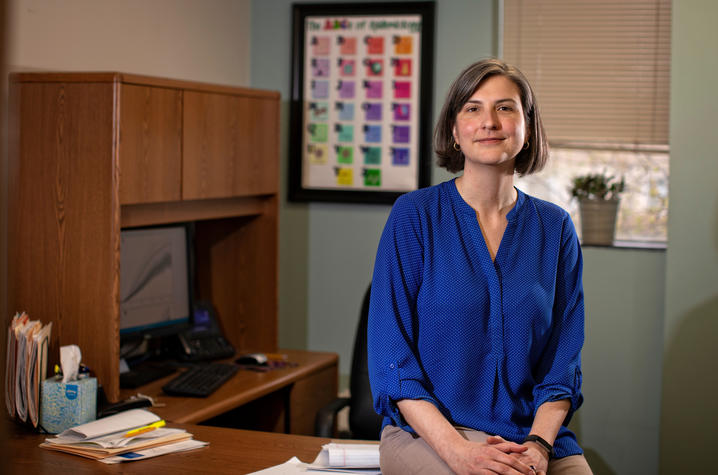
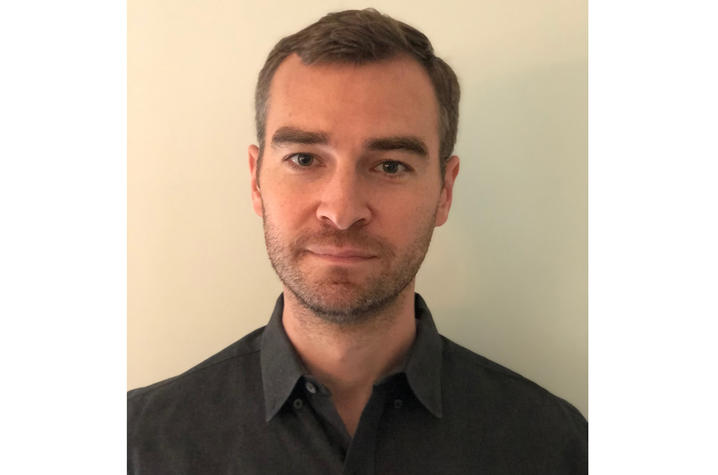
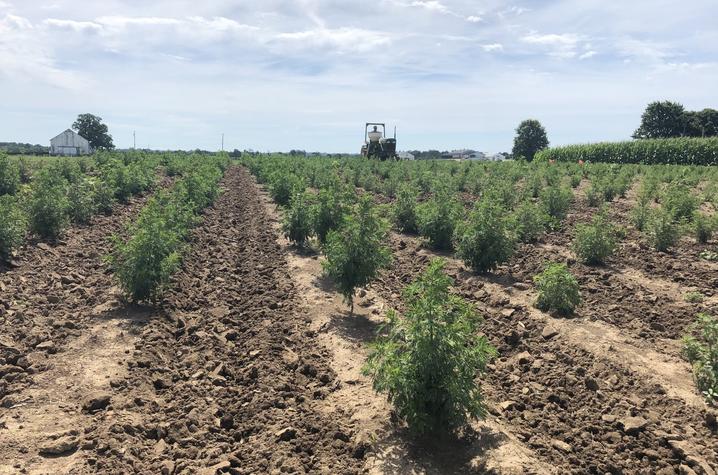
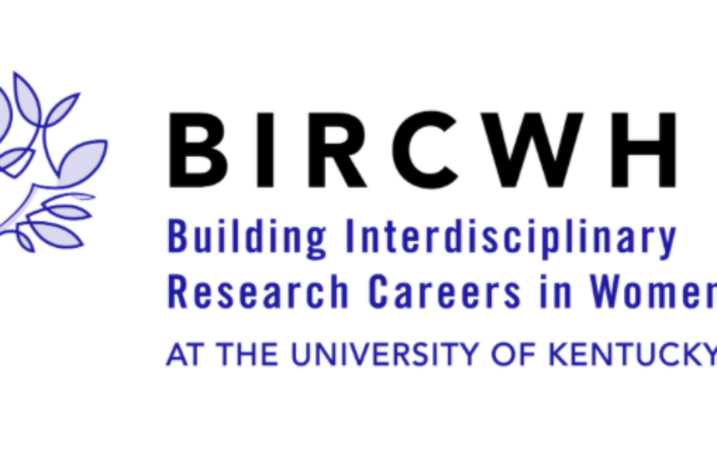
The Building Interdisciplinary Research Careers in Women’s Health (BIRCWH) Program in the University of Kentucky College of Medicine is accepting applications to fill one position. Applications are due July 17, 2020.

LEXINGTON, Ky. (June 18, 2020) — Alpacas Big Boy, Blue Eyes and Emperor may hold the key to combating COVID-19. Their antibodies could offer a defense against SARS-CoV-2, the virus that causes the disease.
University of Kentucky College of Medicine researchers are using the special antibodies made by alpacas, called nanobodies, to help understand the novel coronavirus and potentially develop a treatment that could protect people from being infected.